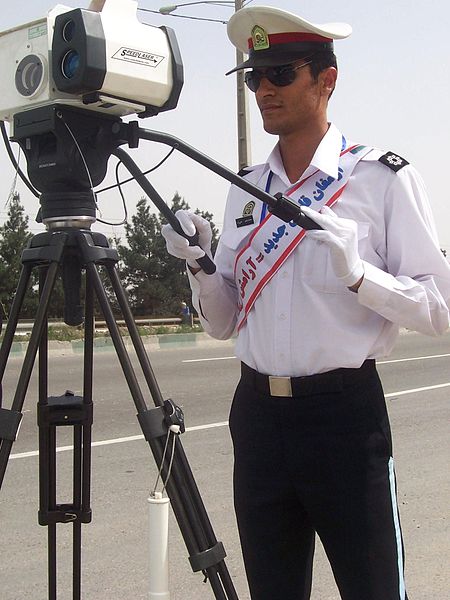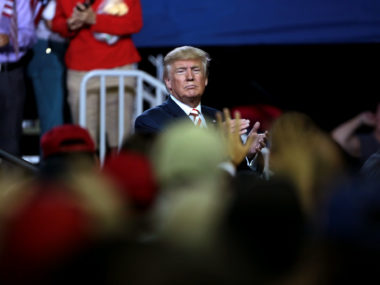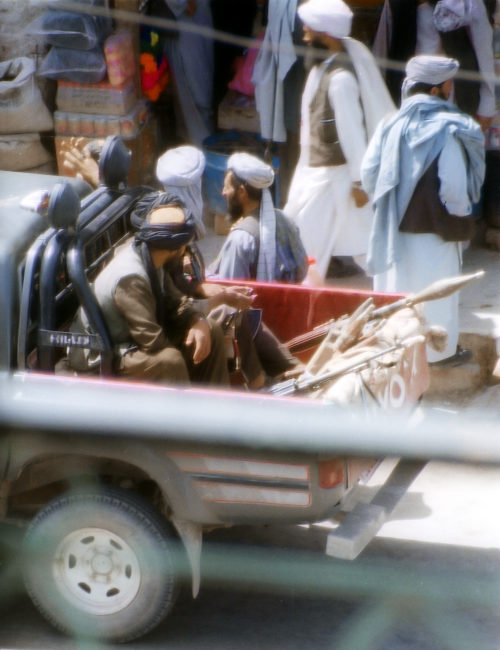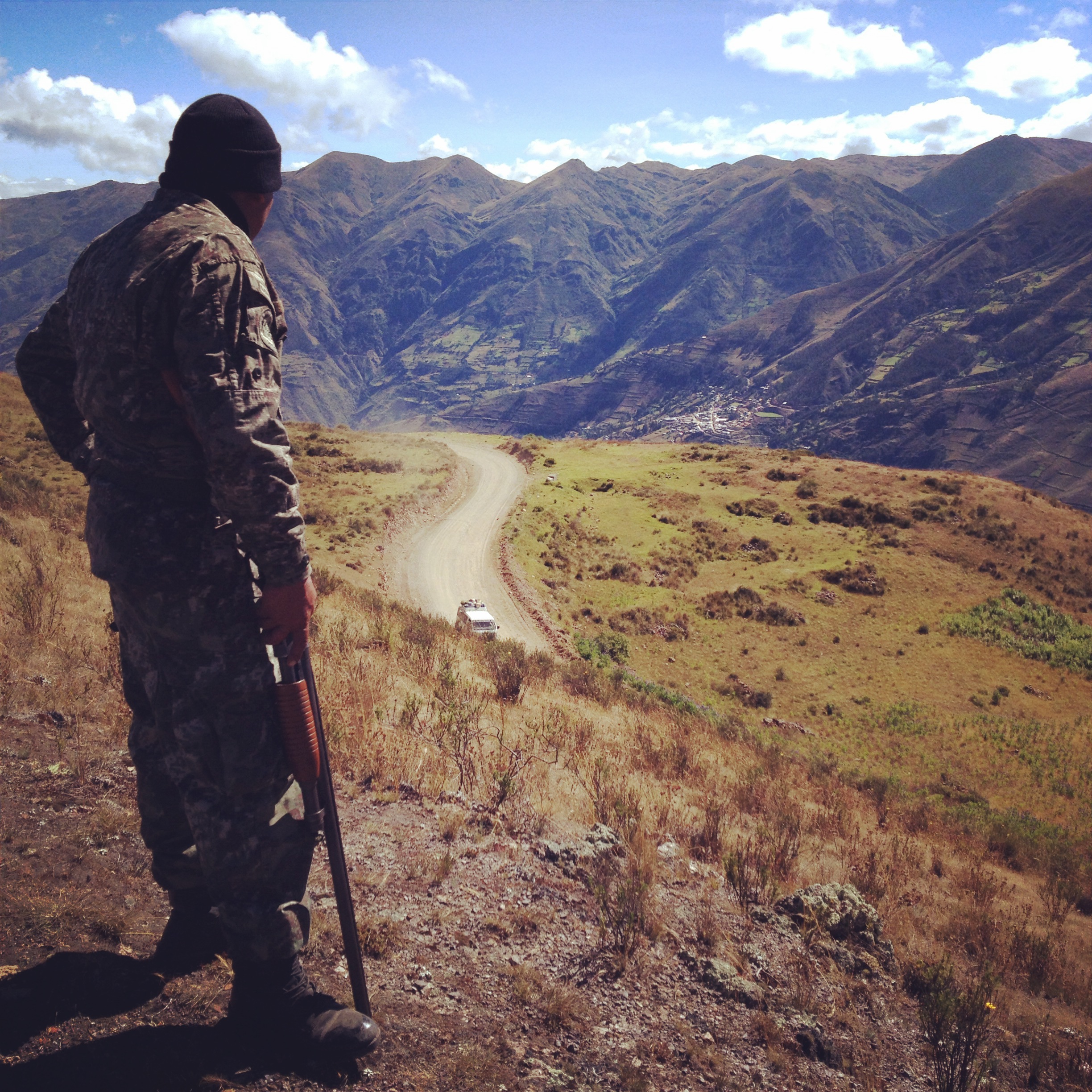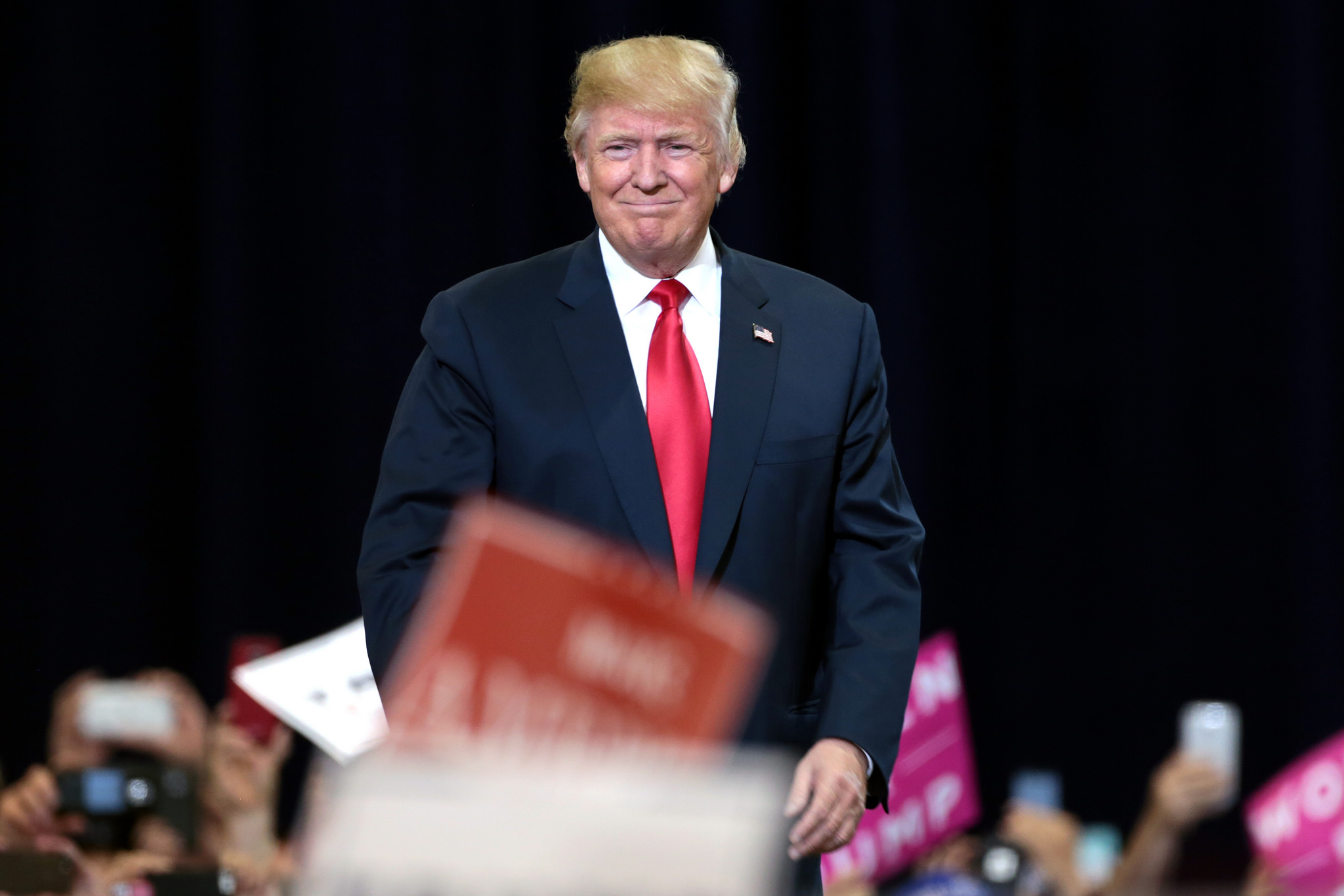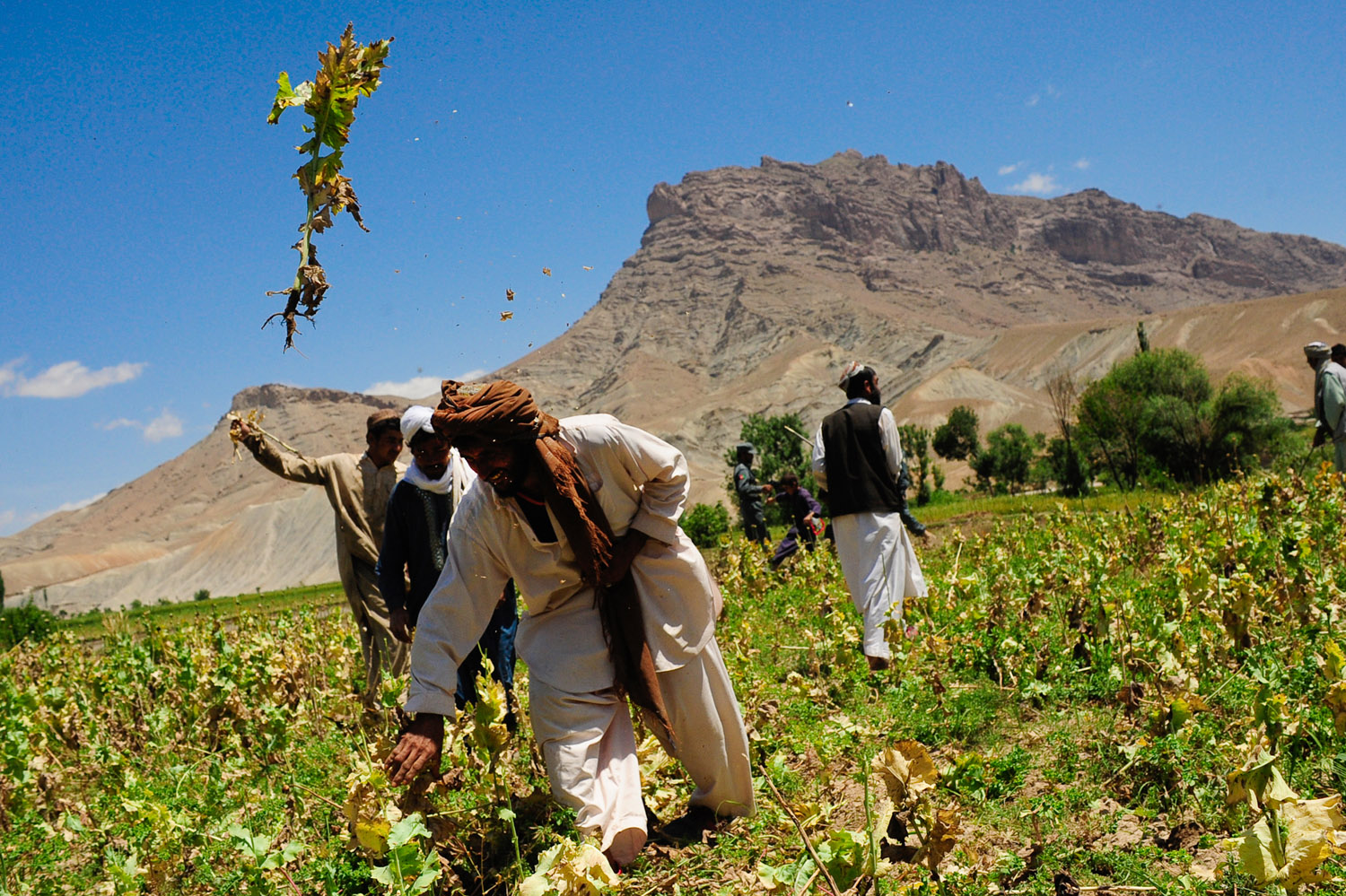
This post, part of our “Would Someone Please Explain This to Me?” series, is in response to Grant’s question from last week:
Is there any measurable way to tell whether police become more or less focused on crime prevention and public safety in nations that are not fully democratic?
Interesting question. I guess answering it would have to start with a good theory as to why police would change their priorities and behaviors in less democratic countries. Most existing work seems to refer to the fact that democracy provides a level of transparency, public oversight, and accountability over police practice, which make police more professional and responsive to the rule of law than they might be in non-democracies. However, I’m not aware of any scholarship looking at your precise question (i.e. the effects of regime type on police focus on crime prevention and public safety).
Measurement is a bit of an issue here. Measuring whether a country is a democracy or not (or where it falls on a range of different regime types) is fairly straightforward. But the public safety/crime prevention focus is the real challenge, so one would want to explore several potential measurement strategies.
First, one would have to identify precisely what a “focus on crime prevention and public safety” would look like. One would have to find a valid indicator (i.e. the indicator you choose fairly and accurately represents the concept you’re attempting to measure). Is it police attitudes toward their own professional roles and responsibilities toward crime prevention and public safety? Is it doctrinal changes, accompanied with actual evidence of implementation, that police ought to focus more on public safety and crime prevention? The latter two are probably optimal, since they are the closest to the concept you’re trying to measure. Other indirect indicators might include a decline in homicides and other violent crime, or public opinion polls showing that people feel more secure AND that they attribute this increase in security to the police.
Second, one would need to devise a data collection strategy that allows you to observe the indicator you choose across time and/or space. Your question is a bit tricky. Most existing surveys and polls are snapshots in a single country—they are conducted once or more than once in a single country that hasn’t changed much during the course of the study. Due to the nature on your question, you’d either have to (1) conduct the same surveys in a single country whose regime type changes over time (a tough one to anticipate!); or (2) conduct the same surveys in countries that are similar in many ways except for their regime type (i.e. one is democratic and the other is not). But this leaves you quite vulnerable to problems with reporting bias—the fact that surveys in non-democracies may not accurately affect attitudes there because of fear of reprisals, mistrust, and many other factors that change the way that respondents approach the survey/poll.
That leaves you with (1) using someone else’s survey data (which may or may not have had your precise research question in mind); (2) finding an alternative indicator that proxies for your concept; (3) writing up a really solid theory with clear observable implications and testing those.
Hope this helps!

